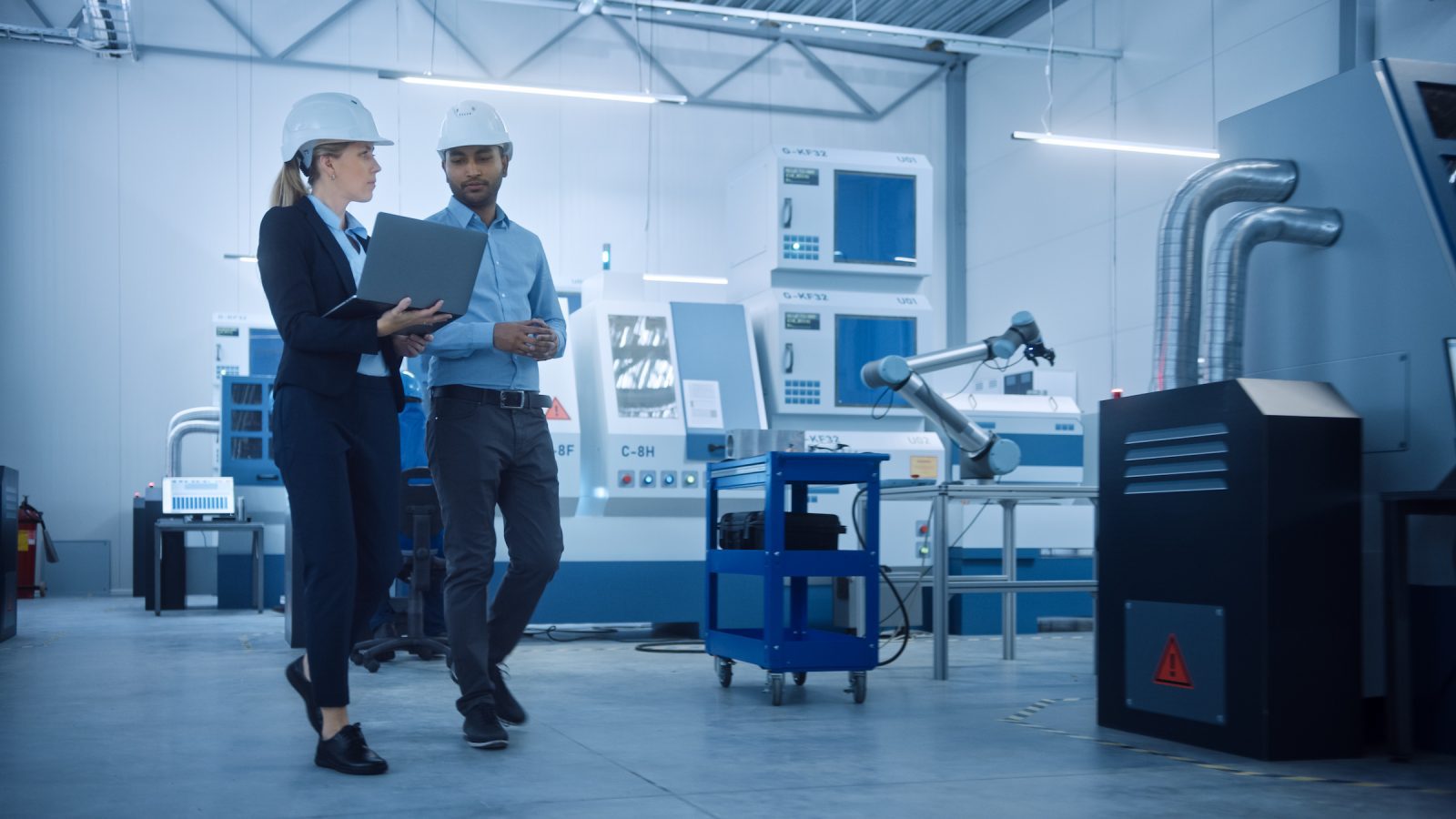Field Evaluation testing is an essential step in ensuring that products meet safety standards when used in real-world conditions. Unlike traditional lab testing, which typically takes place under controlled, ideal circumstances, Field Evaluation testing involves testing products in the environments where they will actually be used. This type of evaluation provides more accurate insights into how a product will perform under the stresses and conditions of daily use. Whether it’s electrical equipment, machinery, or consumer goods, field evaluation helps identify potential hazards that may not be apparent in a controlled environment, ensuring that the product is safe and effective for consumers.
The Value of Field Evaluation Services for Manufacturers
For manufacturers, Field Evaluation services are crucial for ensuring compliance with safety regulations before a product is launched into the market. These services involve an in-depth review of a product’s design and performance in its intended environment, ensuring it meets the necessary safety standards and is fully operational. Working with a reliable service provider allows manufacturers to gain valuable feedback and make necessary adjustments to their products before they reach consumers. Additionally, these services help to identify any areas of improvement and mitigate any potential risks that could lead to product recalls or safety concerns, ultimately protecting both the manufacturer’s reputation and consumer safety.
How Field Evaluation Testing Improves Product Development
Field Evaluation testing plays a critical role in the product development cycle. During this stage, the product is exposed to real-life conditions, which can uncover issues that may have been overlooked during the initial design and testing phases. For example, a product might work well in a laboratory setting but fail when subjected to factors like environmental conditions, extreme temperatures, or wear and tear. By incorporating Field Evaluation testing into the development process, manufacturers can identify weaknesses early on, make necessary design adjustments, and enhance the overall quality and performance of the product. This proactive approach can help avoid costly mistakes and improve the final product before it reaches the market.
Reducing Risks with Field Evaluation Testing
One of the primary benefits of Field Evaluation testing is its ability to reduce risks associated with product safety and performance. By testing products in their intended environments, manufacturers can identify potential safety hazards that could result in injury or damage to property. For example, electrical products might work fine in a lab setting but could pose a risk in real-world scenarios such as outdoor use or exposure to moisture. Field evaluations allow manufacturers to mitigate these risks before products reach consumers, ensuring compliance with safety regulations and minimizing the chances of accidents. This approach not only helps protect consumers but also reduces the risk of costly product recalls, lawsuits, or damage to brand reputation.
The Role of Field Evaluation Services in Ensuring Compliance
Field Evaluation services help ensure that products meet the regulatory requirements and safety standards set by industry authorities. Compliance with these standards is crucial for manufacturers, as it demonstrates that their products are safe for use and do not pose any potential dangers to consumers. Field Evaluation services assess the performance of products in real-world conditions and provide manufacturers with the necessary documentation and certification to prove that their products are compliant. This is especially important for industries such as electronics, automotive, and construction, where product safety is paramount. Through proper evaluation, manufacturers can avoid penalties, legal issues, and product failures that could tarnish their reputation.
Enhancing Consumer Confidence with Field Evaluation Testing
Ultimately, Field Evaluation testing enhances consumer confidence by ensuring that products meet the highest safety and performance standards. When products are tested in real-world conditions, manufacturers can confidently state that their products are safe, reliable, and ready for consumer use. This level of testing provides valuable assurances to consumers, as they can trust that the product has been thoroughly evaluated for safety. As a result, consumers are more likely to choose products that have undergone field evaluations, knowing that these products have been vetted and tested for reliability and performance. This, in turn, boosts the manufacturer’s brand reputation and fosters long-term consumer loyalty.
Conclusion
Field Evaluation testing and Field Evaluation services are critical components of the product development and safety process. By ensuring that products meet the necessary standards under real-world conditions, manufacturers can reduce risks, enhance product quality, and increase consumer confidence. This proactive approach to safety not only protects consumers but also helps manufacturers avoid costly mistakes and maintain compliance with industry regulations. The insights gained from field evaluations are invaluable in creating products that are not only effective but also safe, providing lasting value to both consumers and manufacturers alike.

